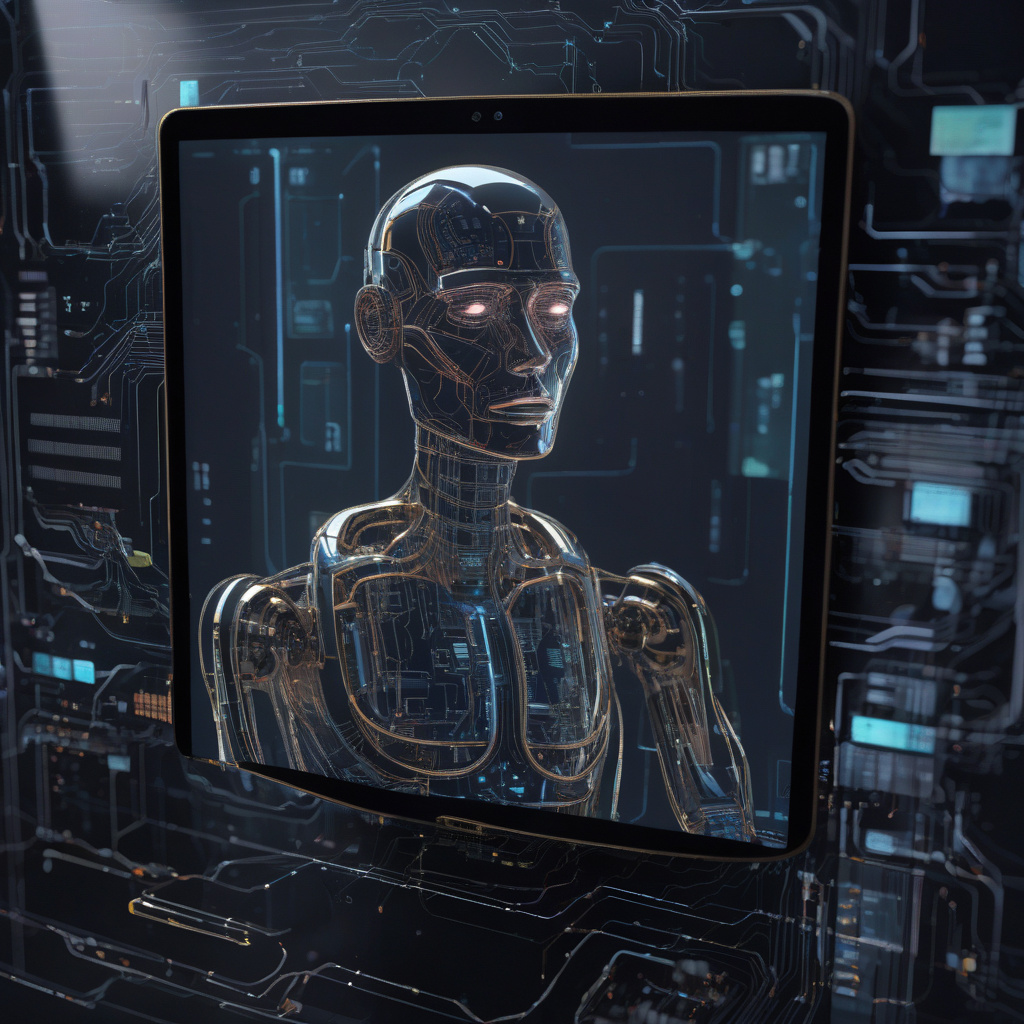AI Chatbots in Mental Health: Unreliable Responses Pose Risks to Users
A recent study has shed light on a concerning issue regarding the use of AI chatbots in addressing suicide-related responses. The study revealed that these AI-powered chatbots often provide unreliable answers to sensitive mental health concerns, raising alarms among experts in the field. With millions of individuals turning to AI chatbots instead of seeking help from professionals, the implications of this unreliability could potentially put users at risk.
The allure of AI chatbots lies in their accessibility and convenience. In an age where technology is increasingly integrated into everyday life, the idea of having a virtual assistant available 24/7 to provide support and guidance can be appealing. However, when it comes to addressing complex and delicate issues such as mental health and suicide, the limitations of AI become glaringly apparent.
Experts warn that while AI chatbots can be a helpful tool in certain scenarios, they should not be viewed as a substitute for professional help. The nuances of human emotions and the complexities of mental health require a level of understanding and empathy that AI chatbots are currently unable to provide. Studies have shown that these chatbots often struggle to accurately assess the severity of a situation and may offer generic or even harmful responses to individuals in distress.
One of the major concerns highlighted by the study is the potential for harm that arises when individuals rely solely on AI chatbots for support in crisis situations. Inaccurate or insensitive responses from these chatbots could exacerbate feelings of isolation and hopelessness, leading to potentially dangerous outcomes. The impersonal nature of interacting with a machine, as opposed to a human being, can also contribute to feelings of alienation and disconnection.
While AI chatbots have made significant advancements in recent years and continue to evolve in their capabilities, it is crucial to recognize their limitations, particularly in the realm of mental health. The importance of seeking help from qualified professionals in times of crisis cannot be overstated. Human empathy, understanding, and expertise are irreplaceable components of effective mental health support.
As we navigate the ever-evolving landscape of technology and its impact on mental health care, it is essential to approach AI chatbots with a critical eye. While they can be a valuable resource for providing information and guidance, they should not be relied upon as the sole source of support in matters as serious as suicide-related concerns. By raising awareness of the limitations of AI chatbots in this context, we can work towards ensuring that individuals in distress receive the appropriate care and assistance they need.
In conclusion, the findings of the study serve as a stark reminder of the potential risks associated with relying on AI chatbots for mental health support, particularly in sensitive and high-stakes situations such as suicide-related concerns. Moving forward, it is imperative that users approach AI chatbots with caution and supplement their use with professional help when needed.
AI chatbots, Mental Health, Suicide Prevention, Technology, Professional Help
